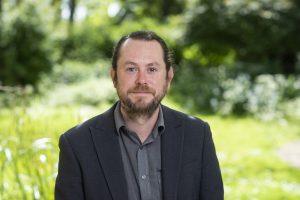The Project
Health is a basic human right. However, in an era of global interconnectedness, the movement of healthcare workers from low- and middle-income countries to wealthier nations has become a defining challenge of our time. While countries like the UK grapple with chronic staff shortages, their reliance on international healthcare workers (e.g., currently 38% of the NHS workforce is international) comes at a significant cost to the very nations struggling with some of the world’s most pressing health crises. With the World Health Organization projecting a shortfall of 10 million healthcare workers by 2030, and the NHS predicting up to 360 000 vacancies by 2037, we need to ask: How do we strike a balance between meeting immediate healthcare demands and building sustainable, equitable healthcare systems for all?
We believe that the answer may lie in stronger commitments to education and training in both sending and receiving countries—supporting healthcare systems and a global workforce that benefits everyone. Encouragingly, the NHS’ Long-Term Workforce Plan seeks to decrease reliance on an international healthcare workforce, with one strategy being the expansion of domestic healthcare education and training. Yet, there are reports decreasing student numbers. Additionally, there have been no corresponding plans to expand the educator workforce to meet an increasing training demand; NHS workers who are involved in the education and training of healthcare students report worse workplace experiences than those who were not involved. Caution has been expressed over potentially over-burdening an already pressured workforce – and its risk to patient safety.
These realities contribute to a vicious cycle of too few healthcare workers, overburdening of current workforce, workforce burnout and attrition, leading right back to workforce shortages. Supporting healthcare students and educators should be a priority in addressing the NHS crisis. The overlapping areas of migration, an international healthcare workforce, education and training, and global health are foci of this proposed programme of research. Critically, before embarking on this research programme, we aim to engage in Knowledge Exchange (i.e., two-way dialogues and collaboration) with key stakeholders to inform its foci, design and implementation. We strongly believe that engaging with those on-the-ground- and directly affected by these ongoing, complex and intersecting challenges must be involved in any research and problem-solving strategies.
If interested in participating in knowledge exchange and collaboration, please complete the online form.








